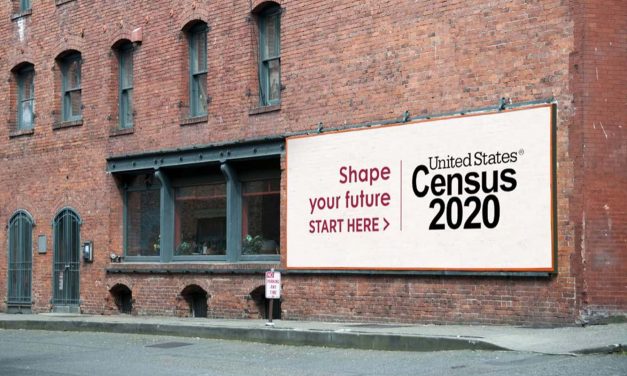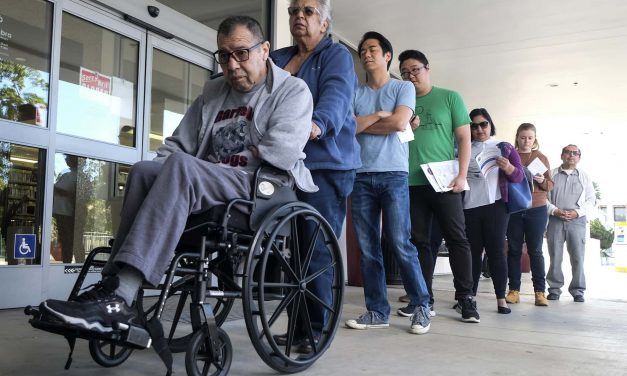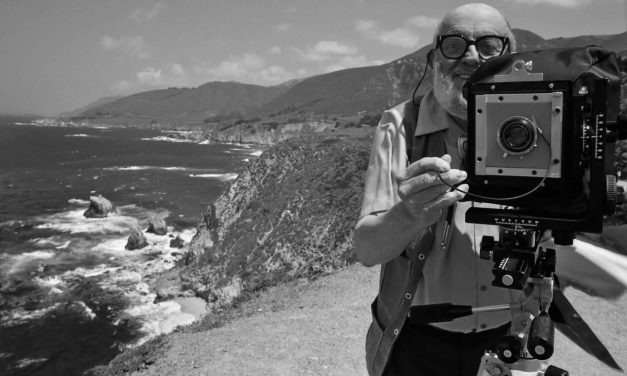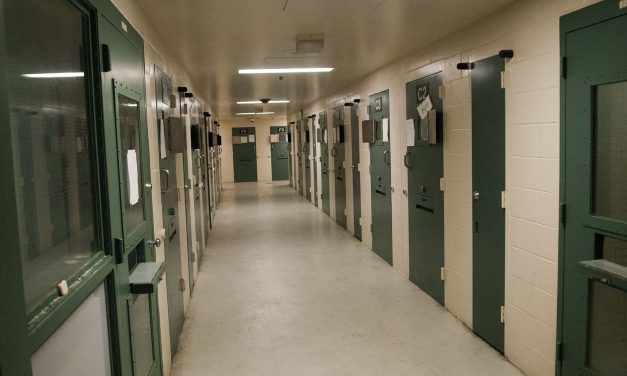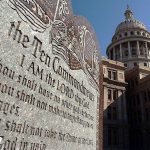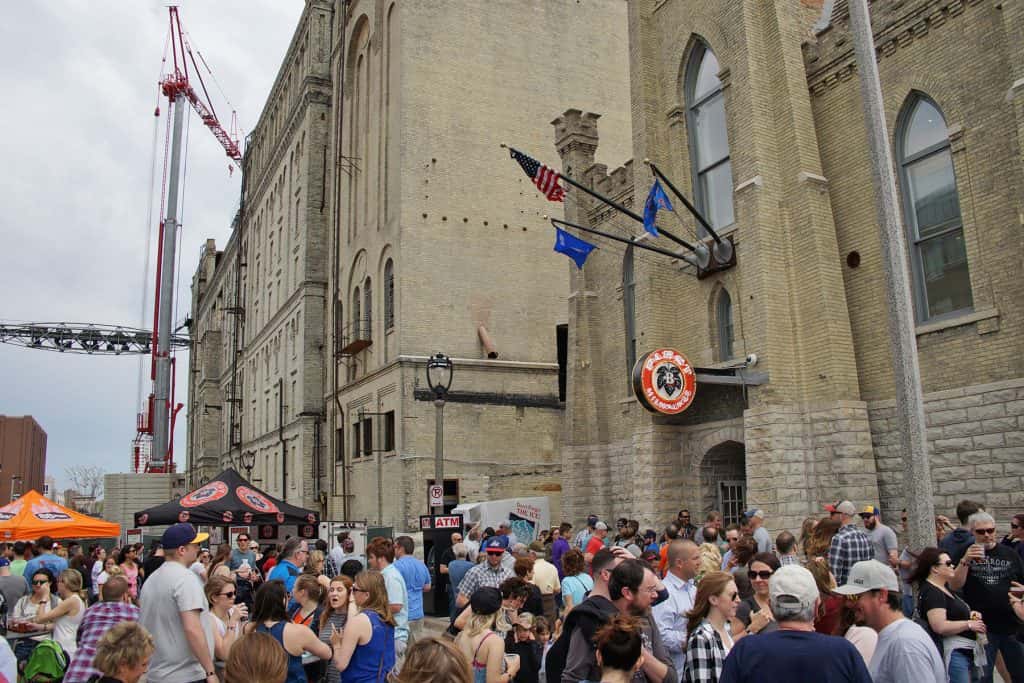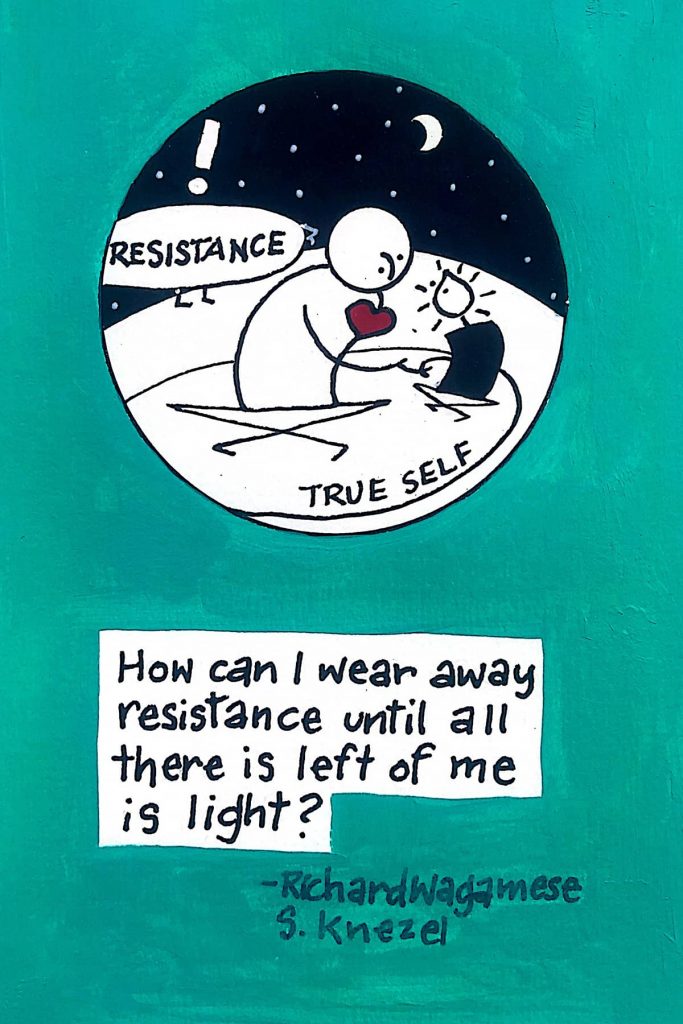Stop hoarding the Charmin: Why people are panic buying toilet paper when there is an abundant supply
By Jay L. Zagorsky, Senior Lecturer, Questrom School of Business, Boston University The other day I went into Costco to buy some toilet paper. It came as a small shock when I could not find a single roll. The new coronavirus is inspiring panic buying of a variety of household products such as toilet paper in cities across the U.S. and world. While it makes sense to me that masks and hand sanitizer would be in short supply because of the outbreak, I wondered why people would be hoarding toilet paper – a product that is widely produced and...
Read More


